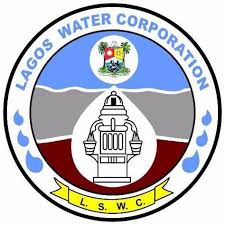He said the state government would retain the regulatory oversight to ensure fairness.
Tijani said the proposed initiative was not privatization, defined as a transfer of ownership and control from public to private hands.
“The state government cannot solely undertake all infrastructural projects, given their enormous and capital-intensive nature.
“The PPP model is a collaborative mechanism to scale up water supply, ensure reliability, and deliver sustainable services to over 22 million Lagos residents,” Tijani said.
He explained that its recent stakeholder engagement was open and inclusive, with blanket invitations extended across non-governmental organizations, development partners, and private operators.
“The process was not geographically selective, ensuring broad participation,” Tijani said.
He noted that while most stakeholders supported the PPP model for Lagos’ 48 mini-waterworks, the Corporate Accountability & Public Participation Africa (CAPPA) declined its invitation.
“In its response, CAPPA cited procedural concerns and differences in principles, stressing that its non-participation was a deliberate choice,” Tijani said.
He cited successful PPPs in water services across Africa—in Rwanda, South Africa, Uganda, Morocco, Egypt, and Malawi—as evidence that the model can work effectively when properly regulated.
The managing director announced the completion of the Akilo Waterworks rehabilitation project jointly executed by the Lagos State Government and WaterAid, to be inaugurated in September.
“This project stands as a positive example of what PPPs can achieve in Lagos’ water sector.
“Our ongoing engagements aim to build trust and deepen public understanding of PPP dynamics in utilities like water supply.
“The goal remains the same: improved access, capacity, and service delivery for all Lagosians,” Tijani said.



